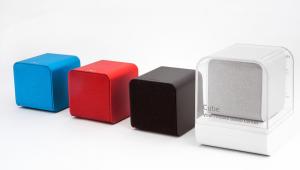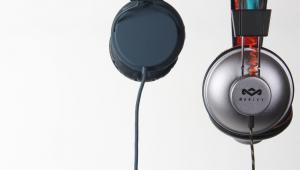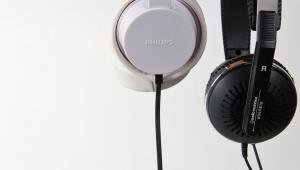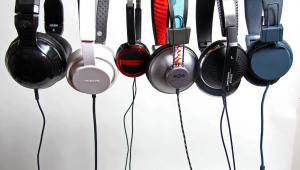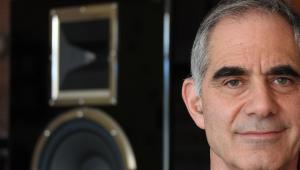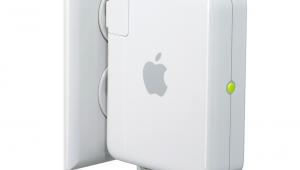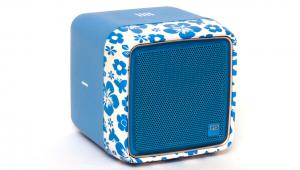Tidal Bellyflops Into a Flooded Music Market
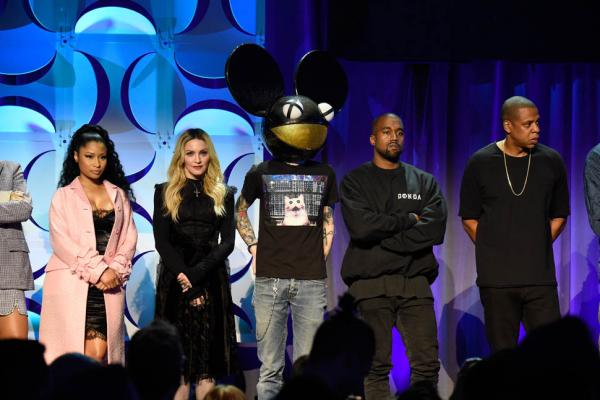
But what about the indie bands, the up and comers who are living and playing out of their vans on the road? Well, they’re pretty much screwed. They don’t get as high a percentage of the streaming money as the “name” acts, they don’t get the support of the label system, and generally are faced with having to give their music away to get exposure in the hopes that someone may buy a ticket to a show. These are the artists who are hurt when we download free music. And these are the artists who should have been up on that TIDAL stage during the press conference. Pomplamoose, Grizzly Bear, and other bands who are working on music full time, getting nominated for music industry awards, have a sizable following, and yet can’t afford to buy a house.
In the end, the reason people pirate as opposed to purchase any media is because they see it as a victimless crime. “Movie studios and actors make millions, right? Madonna certainly isn’t strapped for cash, nor are Jay-Z and Beyonce. So what if I download something from some file sharing service?” But then we all complain when the same kind of music or yet another sequel gets regurgitated back at us over and over. If streaming services focused on intellectual property having value, a value that we should support financially like an accountant, teacher, or any other service, it would be much easier to open our wallets. Maybe next time, when Deadmaus and Daft Punk strap on their headgear for a press conference, someone on the stage could mention that for each one of the big acts, there are thousands of artists who have loyal fans and valuable music, yet who are losing money on tours. Maybe Kanye explains that it’s for these guys, the up-and-comers, the innovators, the envelope pushers, that you should pay your $10, and who will be supported by your daily streaming. And maybe, just maybe there will one day be a music service that pays even the smaller artists fairly and equally for their hard work.







